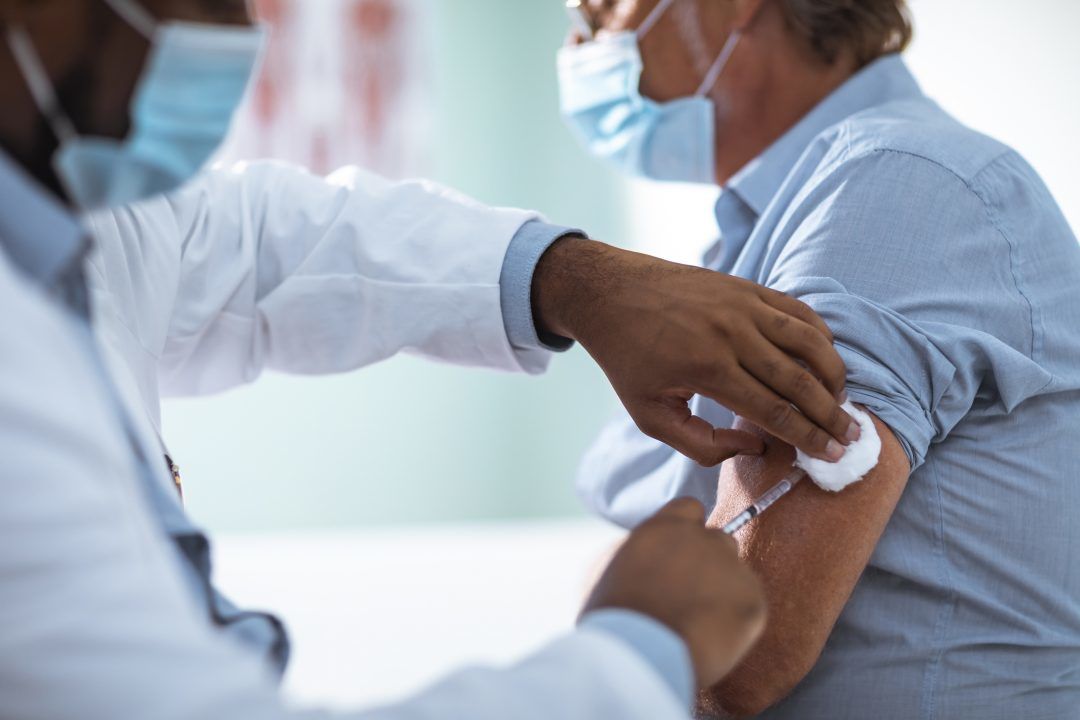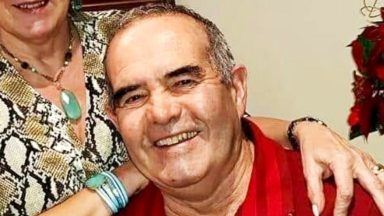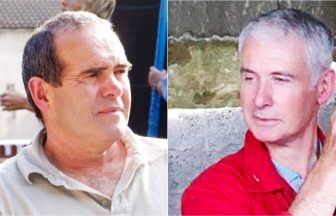A plant-based Covid vaccine which can be produced faster and with fewer side effects than other jabsis being trialled in Scotland.
Medicago was shown to reduce the risk of symptomatic infections caused by the Delta variant by around 75% compared to a placebo during clinical trials which got underway at the end of May.
More than 24,000 participants in Canada, Brazil, Mexico, Argentina, the US and UK are taking part in the study.
Dr Roy Soiza, a consultant physician specialising in geriatric medicine, was the lead investigator in Aberdeen where 55 people are taking part in a trial.
Dr Soiza said: “This is a completely different type of vaccine so that in itself is quite exciting.
“The ability to use plants to produce vaccines is only a few years old, but one of the advantages is that it can produce quite large amounts of vaccine in a relatively short space of time.
“So for example if there is a new variant of concern – which of course there happens to be now – it would be possible to change the plant model and scale up production in a short space of time, maybe three to four weeks, which is a lot shorter than other types of production.
“I know they are planning to produce a second generation of their own vaccine for Omicron and the other variants which are more prevalent now.”
As well as offering a means of producing large amounts of vaccine quickly and comparatively cheaply which can be adapted as the Covid spike protein evolves, plant-based vaccines are expected to be more appealing to some vaccine-hesitant individuals who perceive them as more natural or who worry about use of eggs or animal-derived substances in development.
Dr Soiza said: “It was noticeable that this idea of it being a plant-based vaccine was appealing to a number of our volunteers for various reasons.
“Some are vegans, some prefer plants on environmental grounds.”
The technique, developed by Quebec-based pharmaceutical firm Medicago, uses Nicotiana benthamiana plants as “bioreactors” which are first submerged in liquid saturated with bacteria containing a synthesised version of the virus code.
These bacteria are then absorbed into the plant cells and the plants transferred to a greenhouse where, after around four days, they begin to release virus-like particles which can trick the body’s immune system into mounting a defence without actually exposing it to an infectious pathogen.
These VLPs are produced rapidly and in large quantities by the plants, which are harvested and blended into a solution to create the pure vaccine.
Dr Soiza said: “Quite why this plant produces VLPs, nobody knows, but it can it be manipulated to express whatever protein you need on its surface.
“For this particular vaccine it’s the SARS-Cov-2 spike protein on the surface of the virus-like particle.”
Phase Two clinical trials showed that participants given two doses of the Medicago vaccine 21 days apart developed a strong antibody response – around ten times higher than those seen in people recovered from Covid – and the Phase Three stage also showed protection of around 88% against infections caused by the Gamma variant common in Brazil.
No serious adverse events were reported and mild side effects were also rare, with fewer than 10% of participants experiencing fever after the second dose.
Medicago, which previously developed a plant-based swine flu vaccine, is now seeking immediate approval from Canadian regulators and is also filing applications for use with UK and US regulators and the World Health Organisation.
The vaccine does not have to be frozen and can be kept refrigerated at 2-8°C, making a potential candidate for use in the developing world.
Takashi Nagao, CEO and President of Medicago, said: “This is an incredible moment for Medicago and for novel vaccine platforms.
“The results of our clinical trials show the power of plant-based vaccine manufacturing technology.
“If approved, we will be contributing to the world’s fight against the COVID-19 pandemic with the world’s first plant-based vaccine for use in humans.”
Follow STV News on WhatsApp
Scan the QR code on your mobile device for all the latest news from around the country


 iStock
iStock
























